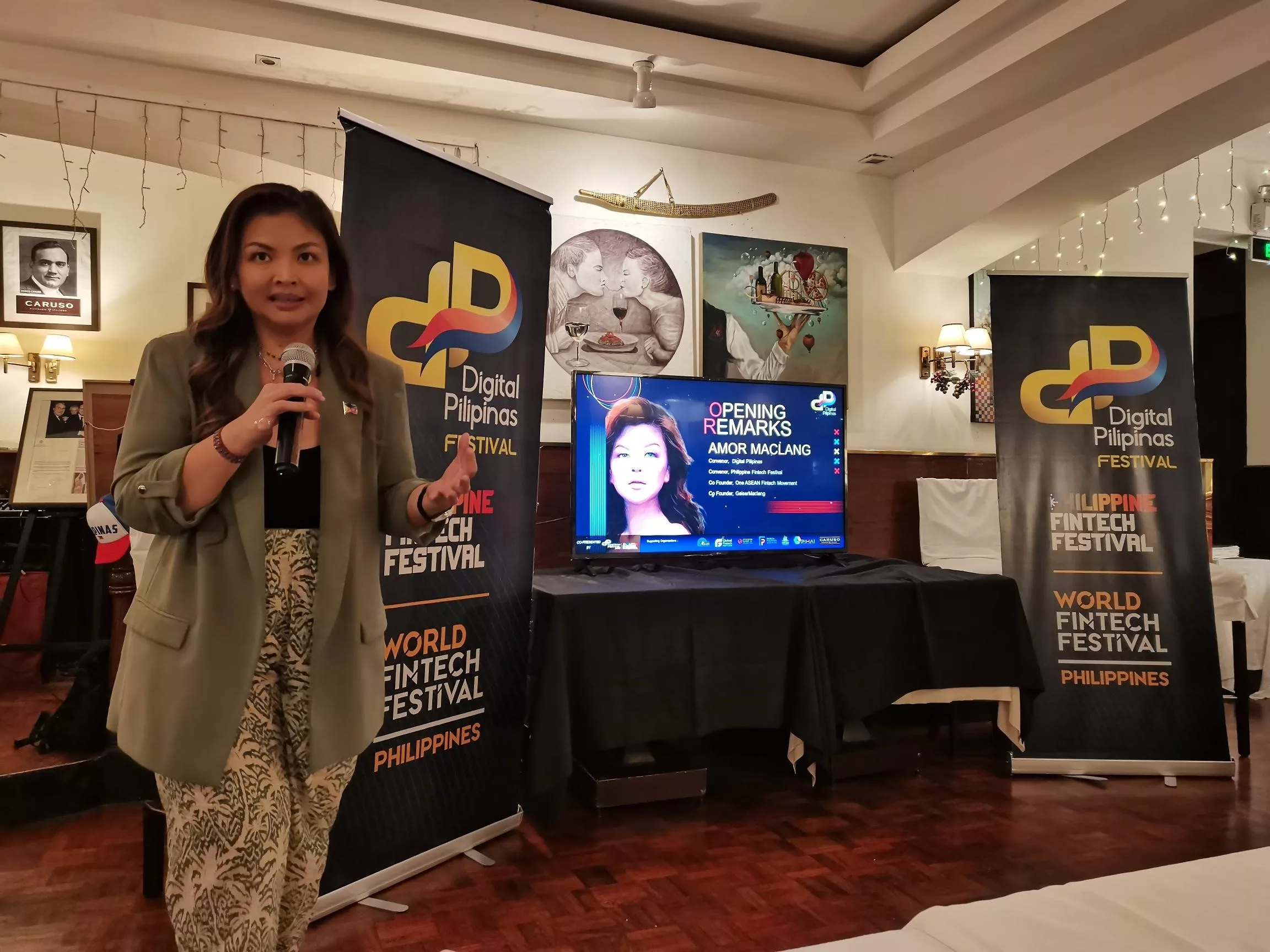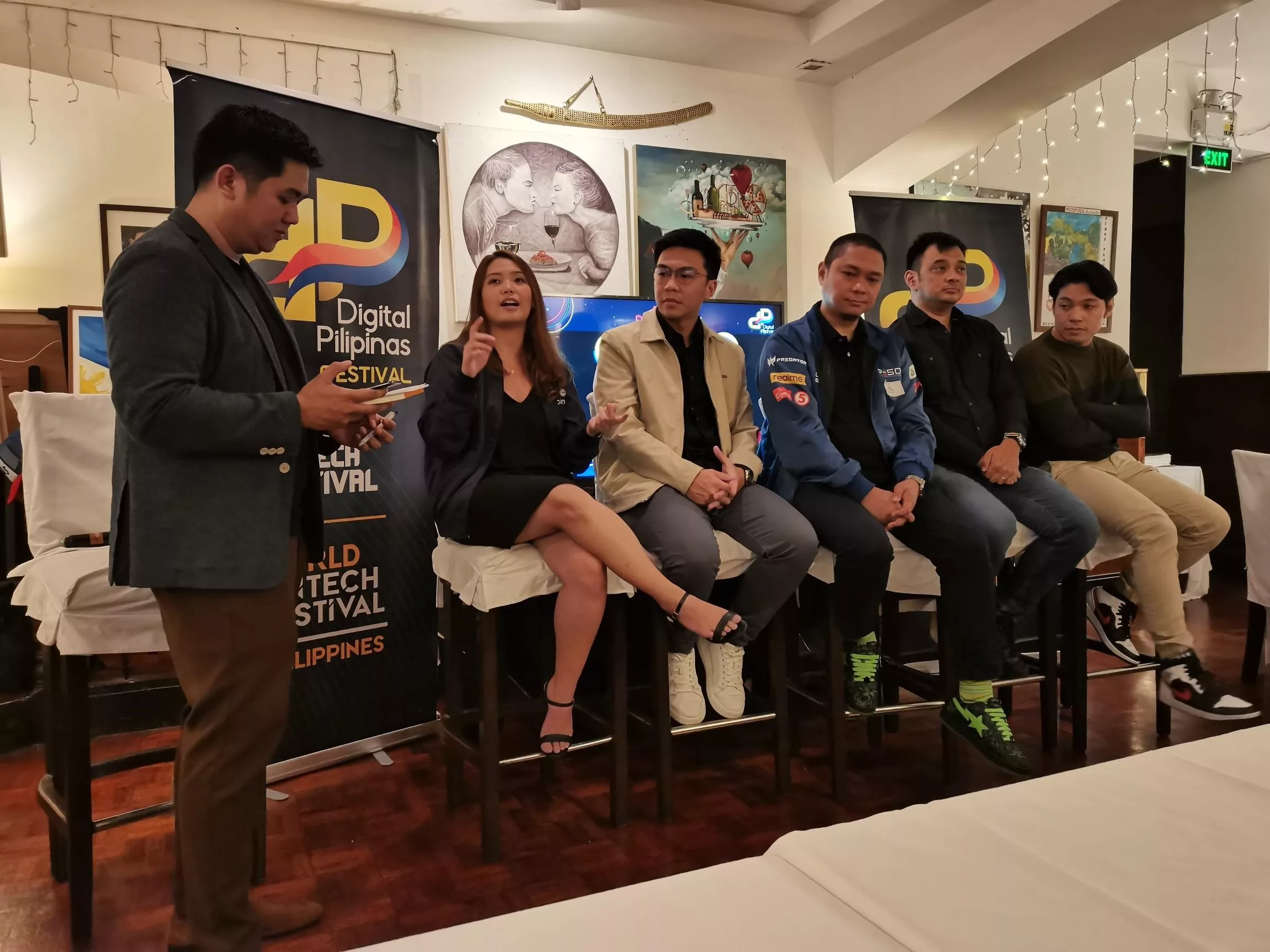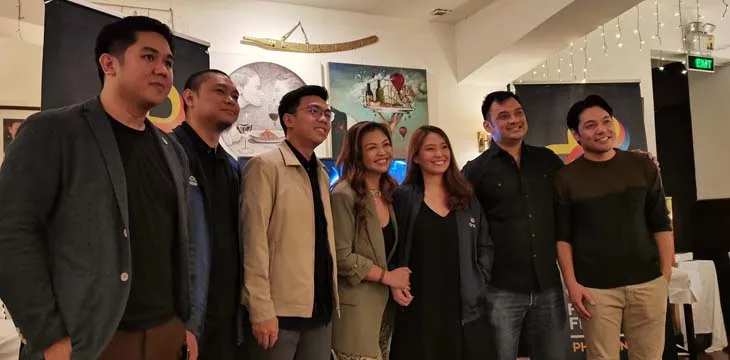|
Getting your Trinity Audio player ready...
|
Figures released by Statista show that the Philippines’ video game industry is projected to reach $1.944 million by the end of 2023 and balloon to $2.595 million by 2027, a testament to the booming gaming sector, which shows no sign of stopping any time soon.
With a total of 43 million gamers, the country’s gaming community helped propel the popularity of emerging technologies like blockchain, contribute to the economy, and put the Philippines on the global stage.
While the sector has reached new heights, support for the Philippine gaming community has been slow and, at times, non-existent. This is the plight of gaming experts who attended the “Gamers & Gigsters: The New Digital Economies Powerhouse in ASEAN” event organized by Digital Pilipinas.
Held at Caruso Ristorante Italiano in Makati City, the event features notable personalities in the local gaming industry, content creators, and individuals in the fintech sector as they convene to rally support in shaping the Philippines’ digital economy.
Evolution of digital content creation
Amor Maclang, lead convenor of Digital Pilipinas and co-founder of One ASEAN Fintech Movement, recalled the early days of creating content on the internet—blogging.
Prior to the advent of YouTube and other streaming platforms, digital creators were into blogging, detailing their experiences online with their wit as their most powerful tool to lure followers. This was before advertising and sponsorships were a big thing. For Maclang, while blogging drew controversy in its early days, it was one of the biggest plot twists in the media industry.

“It (blogging) forced a lot of reckoning, and that, my friends, started a very important internal discussion in the industry as to who’s media, what content creation was, and that was the beginning of the reframing of the narrative,” said Maclang.
Despite this massive change, which led to the diversification of content creation and the rise of new-age digital creators, the predicaments of gamers and content creators locally remain and, to this day, have yet to be fully addressed, noted Maclang.
Unlike major sectors, the nation’s gaming industry is not given equal access to common benefits shared by key industry players, and Gamers x Gigsters event hopes to be a platform that would change this and give value to the sector that has proved itself to be an asset in economic growth.
Breaking the stigma
Like other countries, Filipinos are strong advocates of education. Some see it as a tool to climb out of poverty, while others use it to contribute to the country. At a very young age, Filipinos were taught that becoming professionals, such as doctors, licensed teachers, and politicians, among others, is the only way to achieve this.
With global developments, the definition of being a professional has gradually changed; even sports icons are now considered professionals. However, Filipinos were slow to adapt to this shift—at least in the world of gaming—still carrying a traditional mindset that getting passionate about mobile and computer games would do no good.
Bren CEO Leo “Jab” Escutin is among those looking to break this stigma, which is the biggest hurdle the budding industry must overcome to get the recognition it deserves.
For Jayvee Fernandez, the CMO and Co-founder of Anito Legends, a multi-platform strategic turn-based game that recently celebrated its first anniversary in the market, gaming is no longer mere entertainment but a means to earn small amounts of fiat. However, he stopped short of saying that while some may view gaming as an alternative or a sideline to generate revenue, it is not a get-rich-quick scheme.
Fernandez also seconded Escutin’s statement, adding that one of the gaming sector’s major challenges is the need to prove that Web3 games made by local developers and creators are not a scam.
“We’re really trying to educate people on Web3, blockchain, and try to remove the concept that we’re a scam,” he said, stressing that Filipinos have more trust in games put forth by foreigners than that of their natives.
This is the same sentiment of Marian Abegail Elinon, Business Development Director at Coins.ph, who said that digital asset exchanges and wallets also struggle with shattering Filipinos’ mindset about digital currency-related activities and services as shams, which she said is understandable considering the happenings that rocked the financial market following the collapse of FTX.
“We’re also basically just waiting for the right moment to educate our users as well,” Elinon said. “So, now, given that we use fintech and blockchain technology, we’re basically reviving three main things to our users.”
She proceeded to enumerate these three things—safety, ease of usage, and awareness—which are considered the “building blocks” of the gaming community.

While the stigma on gaming remains, Jim Paulo Sy, Vice President for Operation of TNC Group, said the country is slowly accepting the change, as seen in the growing support being thrown at the pool of homegrown esports players, thanks to a series of recognitions accumulated over the past years at the global stage.
But this isn’t enough to support the gaming sector. Sy said the academe should also be involved in this change and in helping break the stigma. Additionally, educational institutions could also be a significant player in bridging the generational gap.
All these won’t be achieved without the support of the national government, according to the event panelists.
Escutin added that esports players and the gaming community as a whole should be given equal rights as those professionals in various industries. He noted the need for gamers to have easy access to healthcare and financial services, among others. Scholarship programs for eSports players would also be beneficial, adding that this would not only help build homegrown talents but raise the country’s competitiveness globally.
Jako De Leon, President of Creator and Influencer Council of the Philippines (CICP), agreed with fellow panelists while noting the need to promote a deeper understanding of the gaming community.
“What I think I would want would be more conversations, more education on all ends, more openness, and more understanding of the industries that we have,” said De Leon. “It takes members from each area, each sector, to really come together and agree to discuss.”
Watch: Will the Philippines see the next Axie Infinity anytime soon?

 07-12-2025
07-12-2025 





